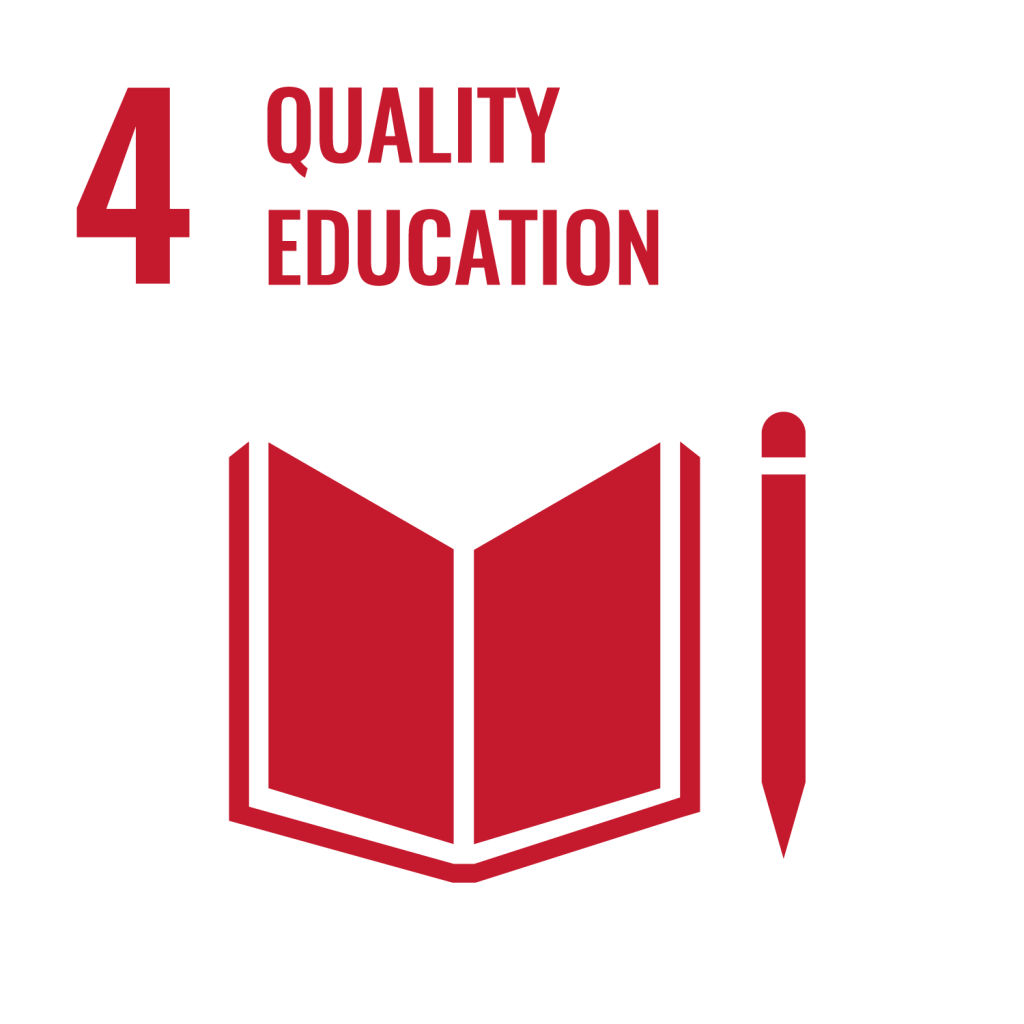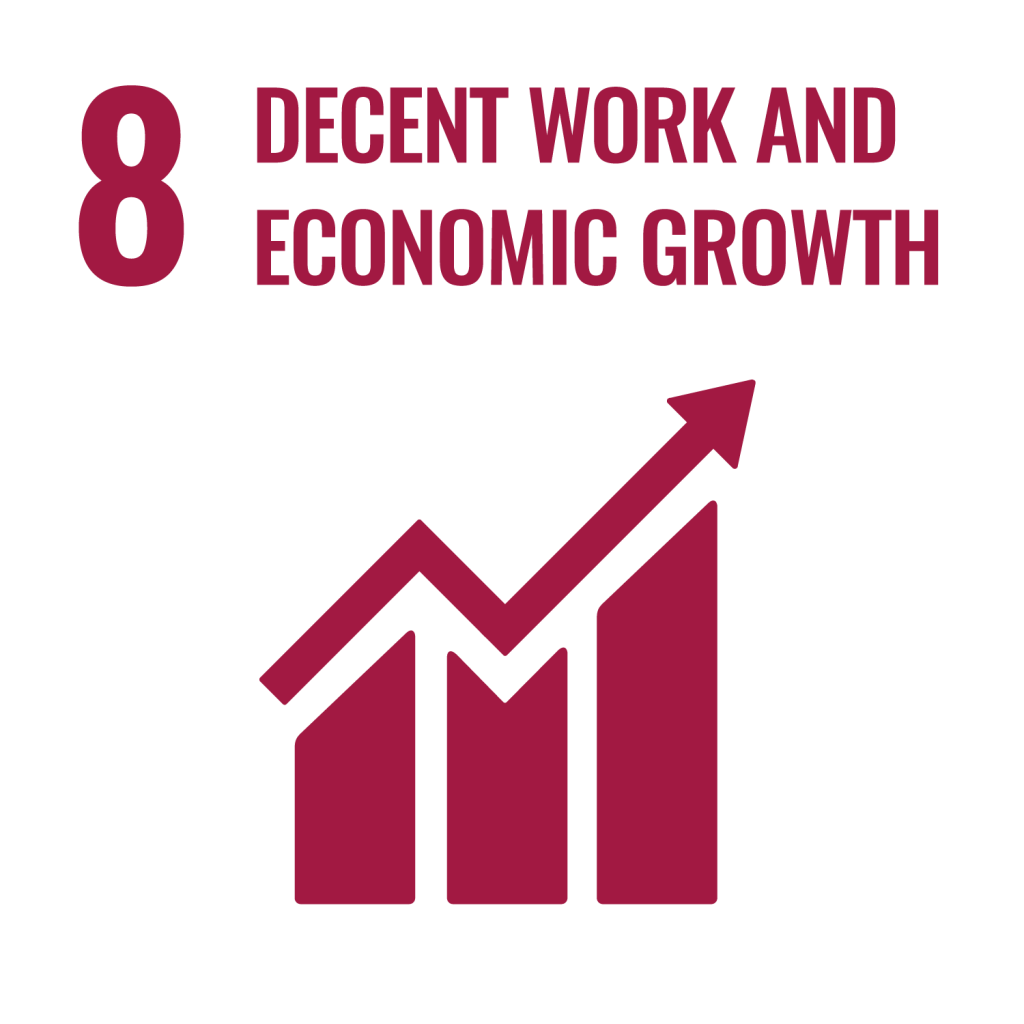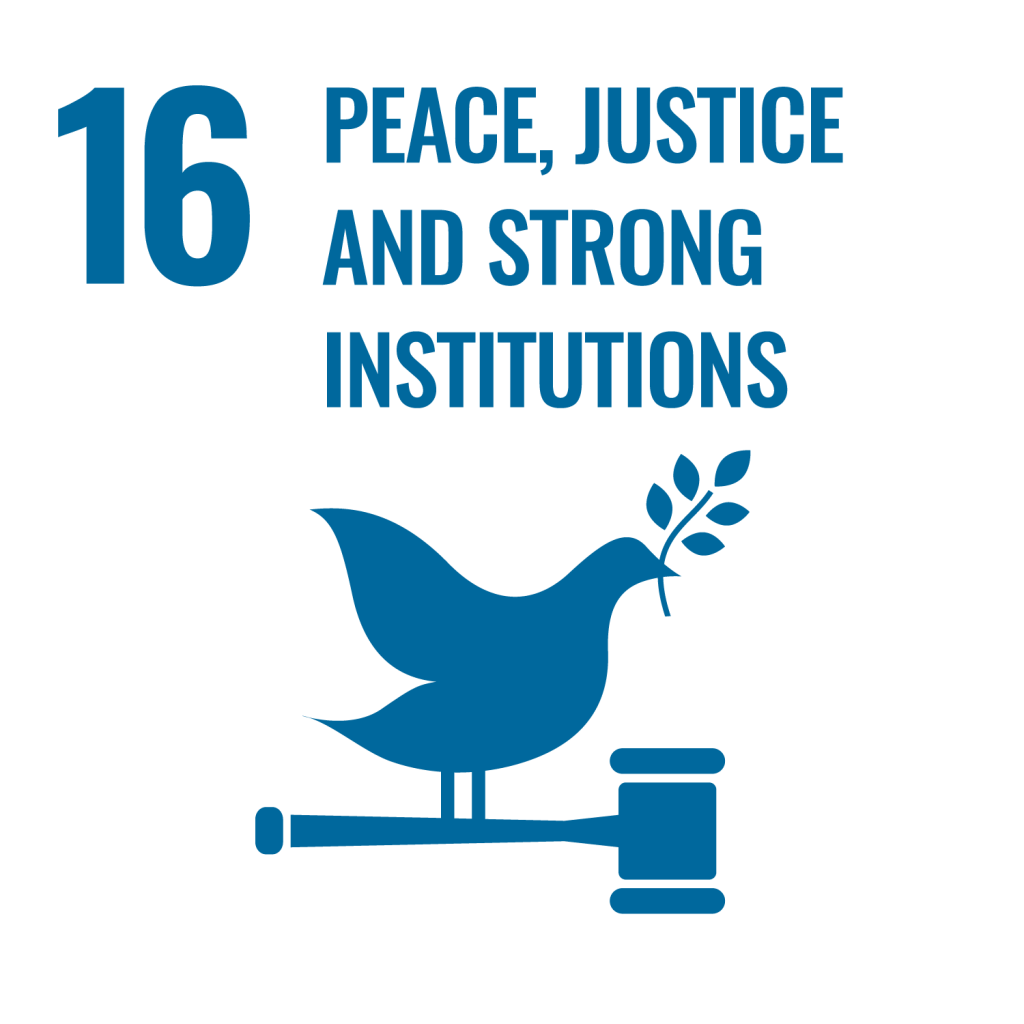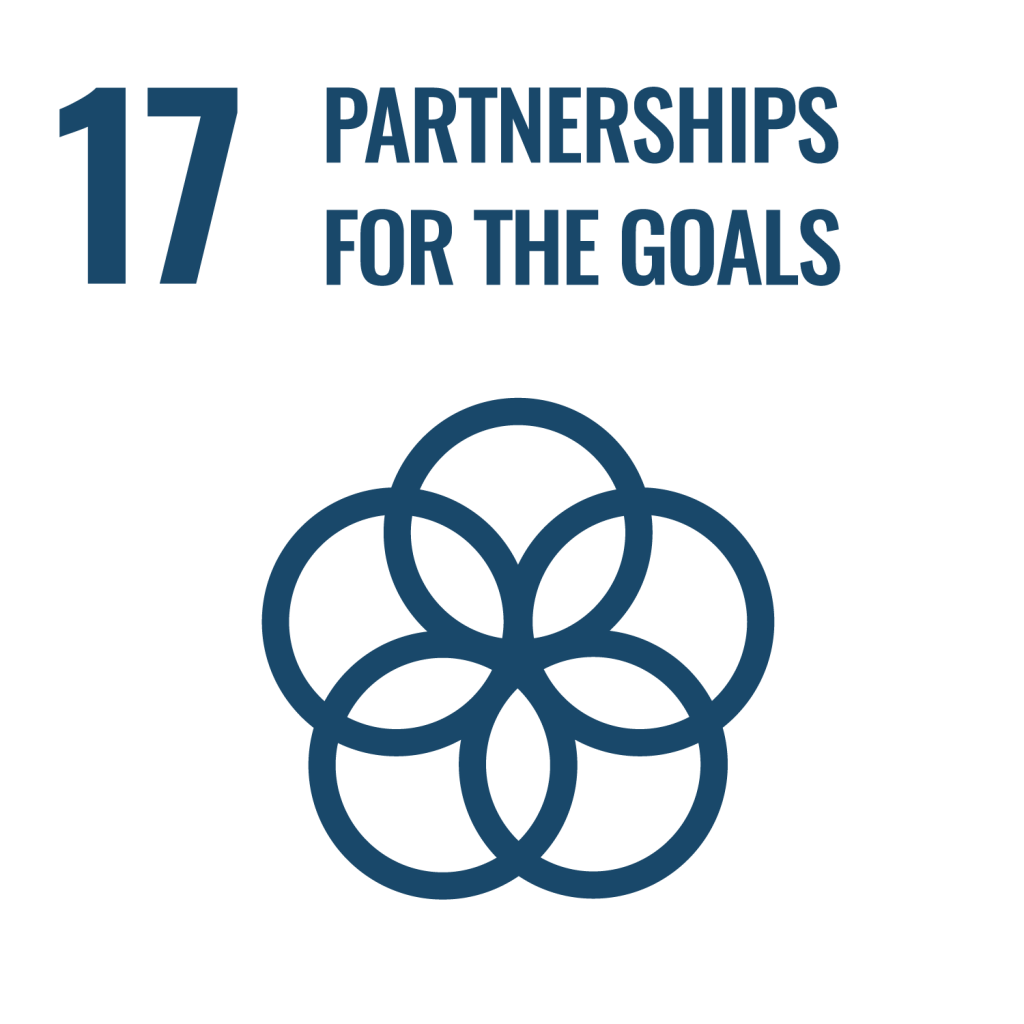Nigeria’s prisons were collectively designed to hold a cumulative 50,000 people at full capacity. Today, they hold more than 80,000. Nearly seventy percent of these people have never been convicted of a crime. They are on remand, awaiting trial, or simply lost in the system. Some have been there for years, their cases forgotten in files that gather dust.
Overcrowding is not an accident of space. Rather, it is a symptom of systemic neglect: the fruit of a justice process that moves at a pace that particularly punishes the poor. For example, a person accused of stealing food or violating a traffic rule may be forced to spend months in custody simply because they cannot afford bail or secure adequate legal representation.
In 2019, the Nigerian Correctional Service Act promised a new beginning. It introduced progressive measures like parole, probation, and community service, which, if properly applied, could help reduce the scale of incarceration.
Yet, in practice, these alternatives remain underused. Many courts still default to custodial sentences, while the institutions meant to support non-custodial measures are underfunded or absent.
Inside the facilities, the reality is deplorable. Cells built for four now hold ten or more. Sanitation is poor, food is inadequate, and medical care is inconsistent. Officers work in harsh conditions with limited training and even fewer resources.
Unfortunately, these conditions, not only threaten the healtha nd well-being of incarcerated persons, but they also breed tension and violence. The often overlooked indirect coonsequence its that the overarching objective of rehabilitation is hardly ever met. Even worse, anecdotal evidence shows that a eriod fo unjust incarceration may directly or indirectly lead to the radicalisation of inidivuals.
Every so often, the government announces plans to build new prisons. It is a familiar gesture, but one that misses the point. New walls cannot solve an old problem. The causes of congestion are clear: prolonged trials, arbitrary detention, and unequal access to legal representation. Until these are addressed, the crisis will persist.
There is some hope on the horizon, however. A few states have begun to experiment with change. Lagos has made some progress with community service schemes; Rivers has used mobile courts to fast-track minor cases. Civil society groups such as CELSIR have also worked to promote restorative justice and legal aid. But true reform must be systemic.
It must begin at the police station and in the courtroom. It requires judges to use discretion wisely, magistrates to enforce the limits of remand, and governments to invest in public defenders. It also requires the regular publication of prison statistics that show who is detained, for what offences, and for how long. This will create a sense of transparency that may, in turn, trigger a sense of urgency in the administration of cases.
Overcrowded prisons do more than violate rights; they weaken public safety. When thousands of people leave prison more damaged than when they entered, the system fails not just them, but the society it claims to protect.






